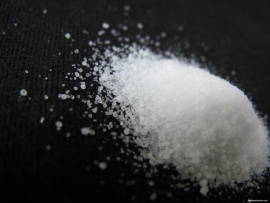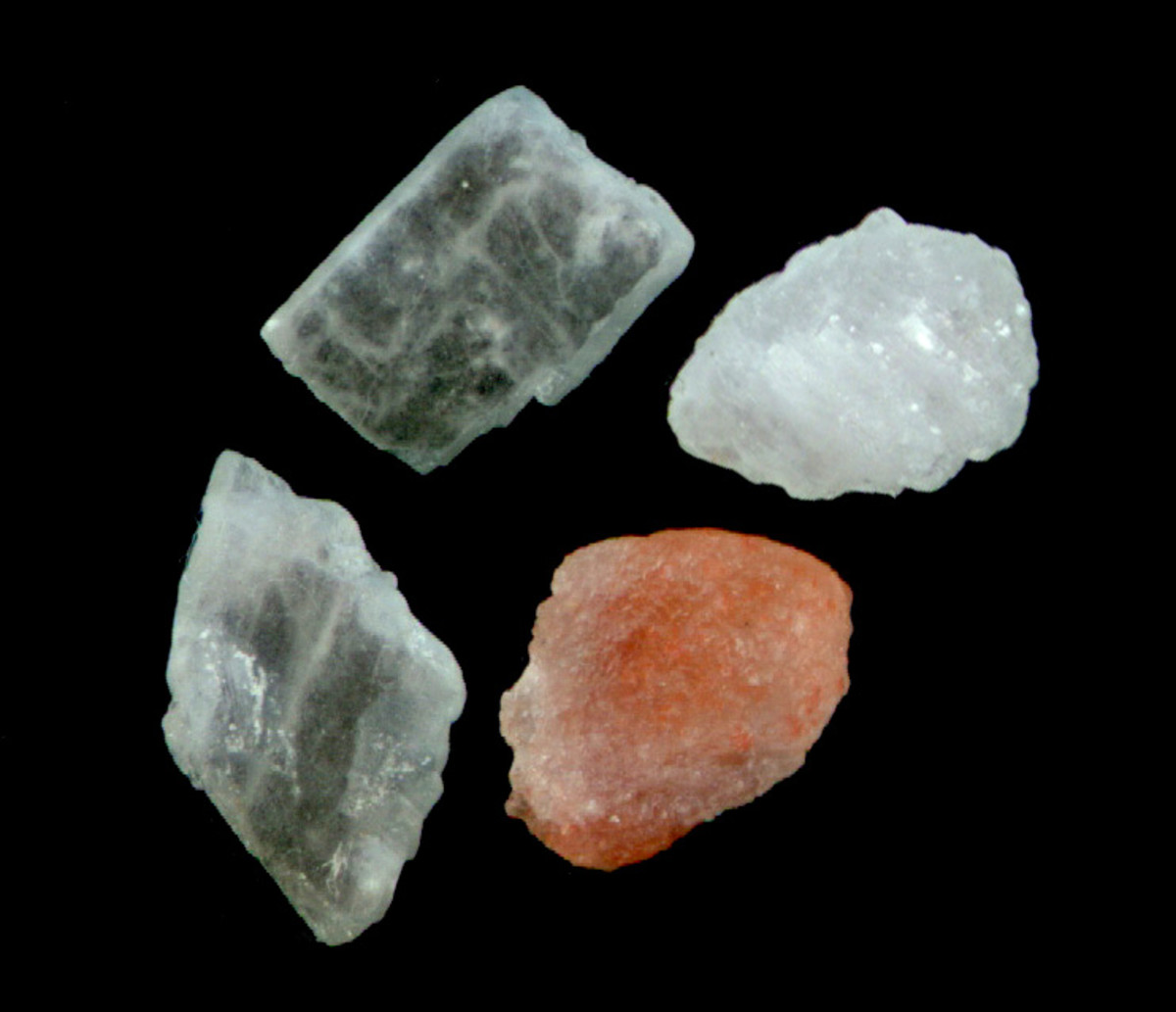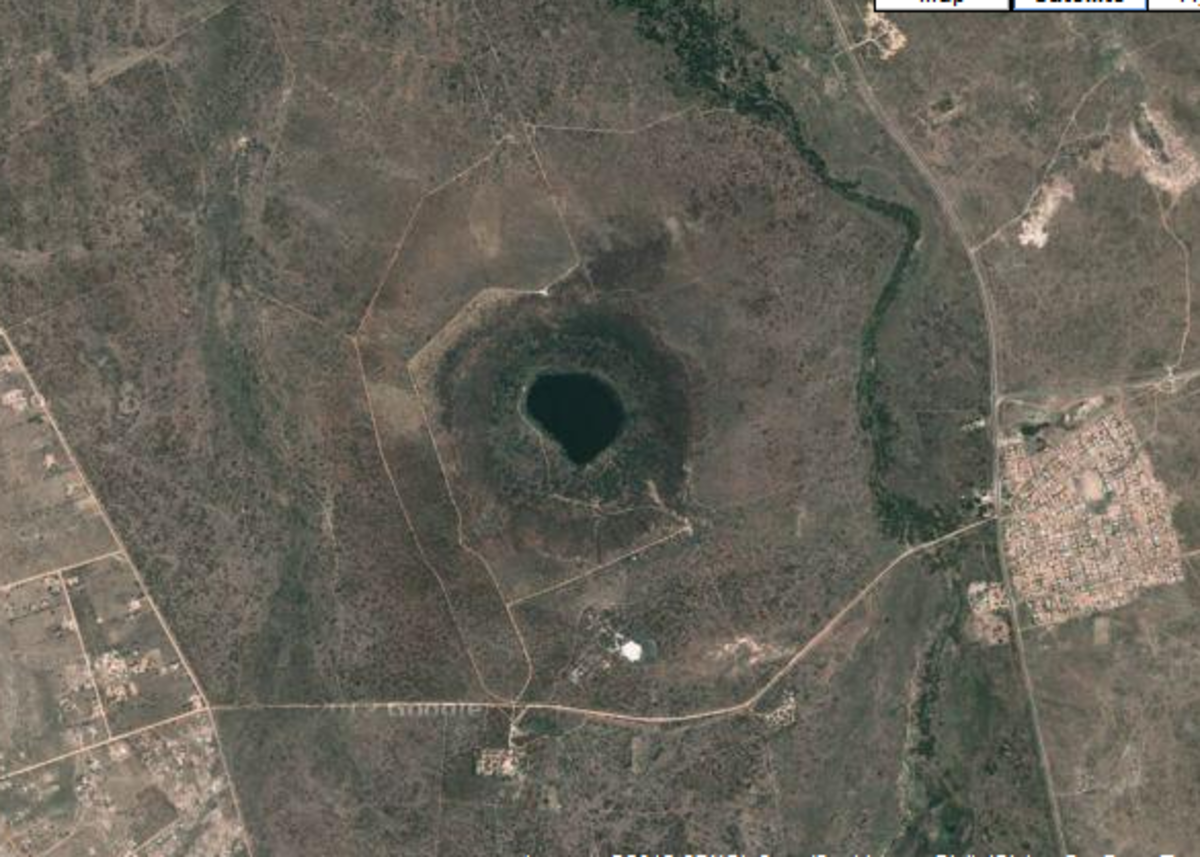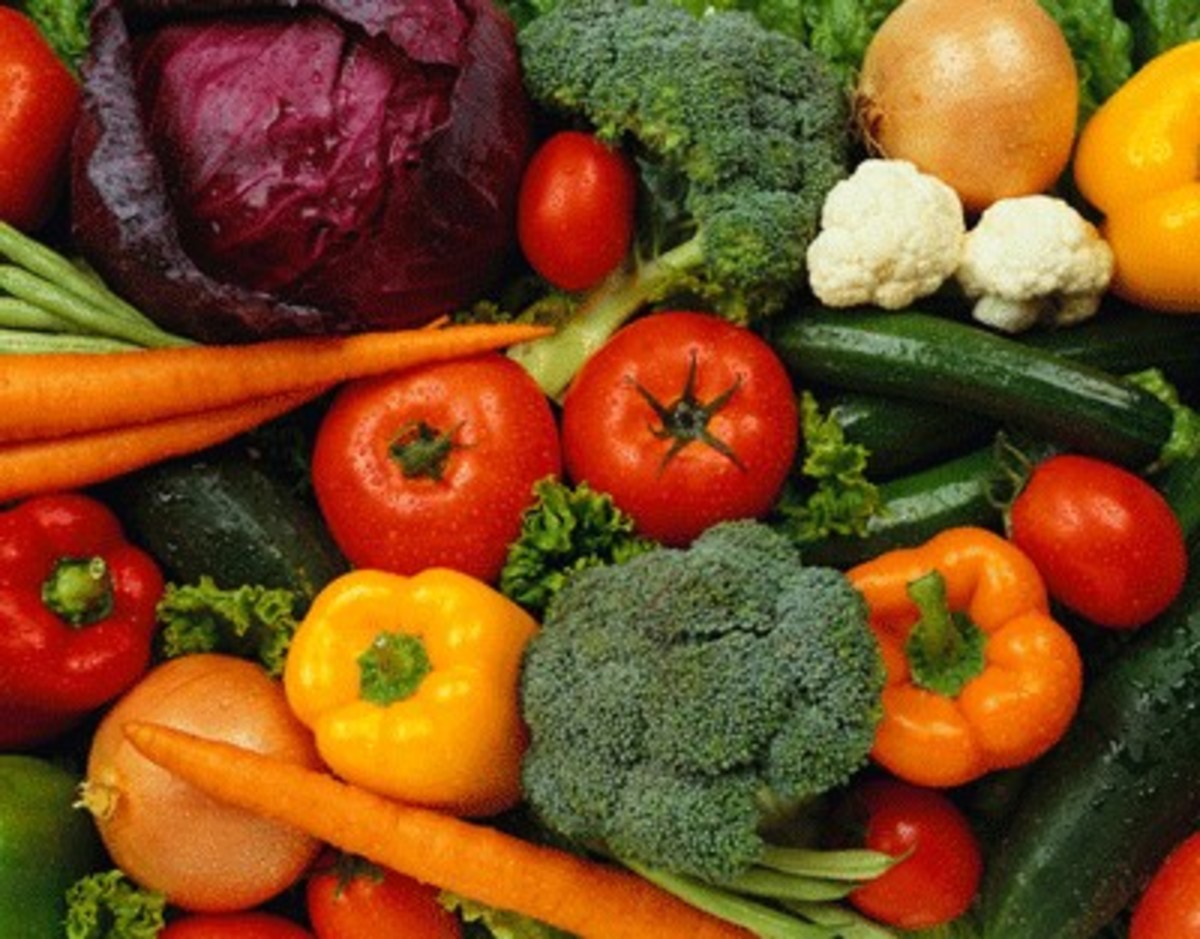SALT: THE BASIC NECESSITY OF LIFE

The presence of salt already existed when the earth was formed. Salt water was abundant in our seas. It became the basic necessity for our taste buds and in the effective functioning of our body's mechanism.
The first settlers of the past knew the importance of salt in their lives. They started looking for this mineral in the vast repository in our seas and under the ground for the presence of subterranean deposit.
A million dollar business for some industries. They manufactured commercial salt for human consumption displayed in the supermarket.
This dietary element is essential to life. It is a well-known seasoning of food in our own home, in restaurants and special menu prepared for the table.
There were many kinds of salt according to the degree of its crystallization, like unrefined salt (table salt), fine-grain salt, a granule kind of salt and iodized salts, different in form, structure and color.
Raw salt was obtained by the evaporation of seawater in shallow basin with the help of sunlight. It was taken ready for crystallization. It is then purified into several processes to further enhance its form to arrive to a kind of salt to be sold commercially.
Do you know that the composition of salt is a mixture of chlorine and sodium? Salt is the lifeblood of our continued existence. We cannot live without it. Our body was composed of water and salt. The different systems of the body can only function well by the presence of salt in the construction and maintenance of the muscles, the regulation of the heartbeat and the nerve impulses. The body uses this element for the digestion of protein. It regulates the interaction of water to the body cells and important fluid that will carry the food into the system and let the waste excreted out from the body. The absence of salt in our system can cause paralysis and convulsion.
The body contains 4 to 8 ounces of salt to maintain the normal volume of blood and keep to correct the balance of water in cells and tissues.
Try preparing a menu in the kitchen without the use of salt. You will taste the difference. The food lack of flavor and good taste. This is most important ingredient for a good and hearty meal. You can feel the satisfaction of the mouth-watering menu of the day. It become a superstar in the kitchen.
What are the other uses of salt?
It has a commercial value in the production of pulp and paper. Used as ingredient materials in the production of soaps and detergents. It was used in biscuits and cookies. Needed in corn chips and cereals by using enough salt in the production processes. It became a food preservatives for meat and others to delay spoilage. Chemical industries used it as raw materials in the production of cosmetics, paint products, batteries, ceramics and adhesives. Used in salting fish. A refrigerant for ice cream to avoid melting.
Salt was used in our body system: It regulates the balance of fluid in the body. Iodized salt prevents iodine-deficiency in the enlargement of thyroid. It causes the body to hold a large amount of water. It plays an important role in digestion. It benefits athletes to supplement the body of enough sodium to be able to withstand the rigor of work-out and rigid training. It also replaces the excessive sweats that go out in the body. This is the reason why we refresh our body by drinking energy liquid to keep us alive. It can save lives from dehydration caused by diarrhea. It replaces water and salt that go out from the body and restore its body's requirements. It is very helpful during heavy perspiration.
It has agricultural uses: Farmers are using salt for farm animals to lick to induce thirst for water to restore weakness and general health. Used to kill crawling insects and snails. By putting it directly to them, it kills them instantly.
Salt can destroy metals and plants. Chemical laboratories of agricultural products used salt in the production of poison (insecticides, fungicides, etc.).
The negative side of salt in our body system: It can elevate blood pressure. It can damage the condition of the kidney, heart and brain.
Now you know how important this mineral to its many varied uses. The presence of salt in our lives will continue to exist. The demand is great as the population of the earth increases rapidly. For as long as we have seawater as our source, salt will exist eternally whether it is unrefined or a processed one, our kitchen will always crave to have it.








